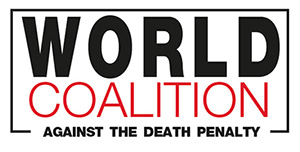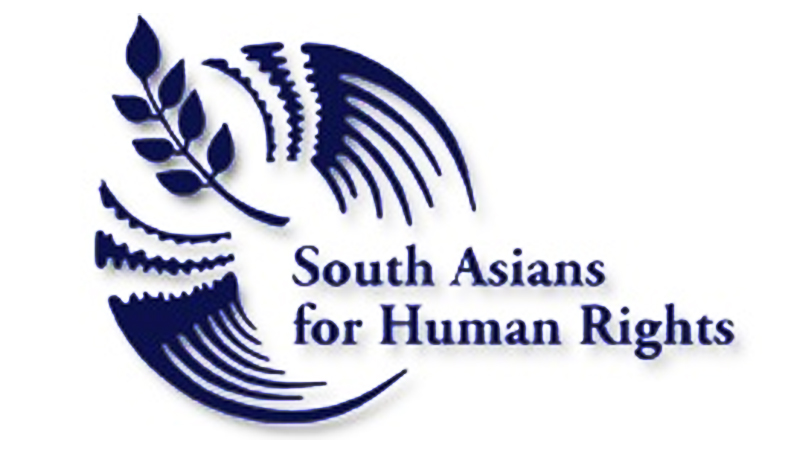ncorporating human rights into investment strategies: 2014 Non-Financial Rating of the 28 EU Member States
Paris, 24 March 2015 – In a study released today, FIDH ranks the 28 EU Member States on the basis of 67 human rights and 17 environmental indicators, in a useful guide for responsible investors. The study “EU Member States under the Spotlight” encourages investors in sovereign bond markets to invest in human rights respecting states. In the global movement towards the inclusion of environmental and social criteria in business decisions, FIDH’s work is designed to be a tool for investors and citizens. It allows them to compare states’ records regarding the respect and promotion of the rights enshrined in the Universal Declaration of Human Rights.
“This study subjects the issuers of state bonds, central to portfolio management, to the most rigorous and complete evaluation of human rights commitments,” said Debbie Stothard, Secretary-General of FIDH. “It is crucial that responsible investors act on this assessment in order to encourage states to improve their human rights performance. Human rights and the environment should be considered an integral part of states’ competitive advantage, and not an optional extra that can be altered for convenience,” added Ms Stothard.
The study finds that north-European States are monopolizing the first places of the ranking, with Sweden, Finland and Denmark at the top, followed by Slovenia and France. The 12 human rights criteria include gender equality, labour rights, freedom of expression, rights of migrants or promotion of human rights abroad.
As a result of this extensive research carried out in collaboration with researchers from the University of Essex, United Kingdom, FIDH also wishes to appeal to European and national institutions to better measure states’ human rights impacts. The study revealed that states lacked adequate data collection systems that would allow them to monitor their own performance in meeting international human rights obligations, including in key areas such as protection of privacy in the digital age or the fight against racial discrimination.
“Through this study, FIDH wishes to feed into the reflection and debate about how states should report on their efforts and impacts regarding human rights, both at home and abroad,” said Geneviève Paul, Director of FIDH’s Globalisation and Human Rights Programme. “As Europe faces increasing challenges in the context of economic, social and cultural rights as well as for civil and political rights, it is increasingly urgent for states to be able to assess their ability to fulfill their obligations. Being able to measure how human rights are respected is the responsibility of states.”
The 2014 ranking
| 1. Suède | 11. Estonie | 21. Hongrie |
| 2. Finlande | 12. Lituanie | 22. Lettonie |
| 3. Danemark | 13. Royaume-Uni | 23. Roumanie |
| 4. Slovénie | 14. Espagne | 24. Pologne |
| 5. France | 15. Slovaquie | 25. Bulgarie |
| 6. Autriche | 16. Croatie | 26. Grèce |
| 7. Pays-Bas | 17. Portugal | 27. Chypre |
| 8. Irlande | 18. République Tchèque | 28. Malte |
| 9. Allemagne | 19. Belgique | |
| 10. Luxembourg | 20. Italie |
Every two years, FIDH evaluates states using indicators that are updated to reflect the most recent international laws and relevant sources of information. In 2007, FIDH decided to focus on EU Member States since data on these countries was available and comparable. Selected criteria are :
- Sexual equality and women’s rights
- Non-discrimination
- Rights of Migrants, Asylum and Refugees
- Corruption and Governance
- Social Cohesion/Social and Economic Rights
- Judicial systems
- Freedom of expression and right to information
- Labour rights and working conditions
- International justice
- Overseas Development Aid/Financial contributions to UN
- Arms control
- Promotion of corporate responsibility
- Protection of the environment
This study is realized as part of the activities of Libertés & Solidarité, the ethical investment fund of FIDH. Created in 2001 with the backing of La Poste, Caisse des dépôts and Macif, it allows private and institutional investors to combine both ethics and solidarity, through the inclusion of human rights criteria in stock selection, and a profit-sharing mechanism between FIDH and subscribers.
The percentage of government bonds that the asset manager includes in the portfolio is based on this country ranking system. Countries rated between 1 and 5 issue 50 % of the fund’s bonds, while countries rated 6 to 10 and 11 to 15 issue 30 % and 20 % respectively.
Dowload the study: Incorporating human rights into investment strategies: 2014 Non-Financial Rating of the 28 EU Member States
-END-
Category: Media Monitoring






